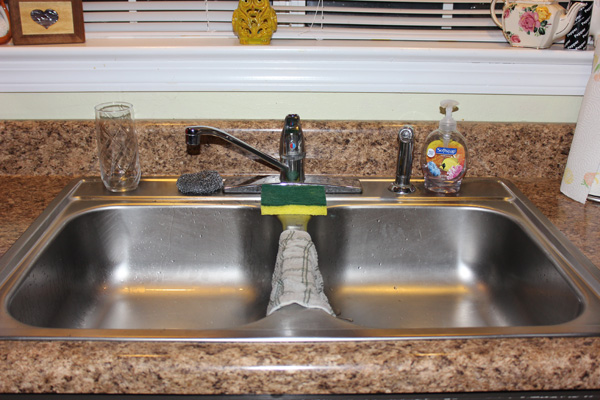
Britain's water regulator, Ofwat, has directed water companies to address leaks and reduce sewage spills without implementing the significant bill increases they
had proposed. This decision has sparked criticism from the industry, which argues that the regulator is not adequately addressing the escalating crisis.
Balancing the need for price hikes, private investment, and cleaner rivers amid a funding crisis and public outrage over pollution is a major challenge for the new Labour government. Thames Water, the largest supplier, is on the verge of financial collapse and may require nationalization.
Over the next five years, Ofwat will permit companies to raise average bills by 21%, or £94 ($121), to support an £88 billion infrastructure upgrade. However, the water companies claim this is insufficient to tackle issues like sewage spills, leaking pipes, and the need for increased capacity due to a growing population. They had sought to increase bills by an average of 33% to fund a £105 billion investment.
Critics have long accused Britain's water industry of under-investing while distributing billions in dividends and paying large executive bonuses. The spotlight has intensified on the industry over sewage discharges into waterways.
Minimum Impact on Customers
Ofwat chief David Black stated on Times Radio that improvements are necessary but should impose the minimal possible burden on customers. He highlighted that the plan aims to reduce sewage spills by 44% by 2030.
Water UK, the industry body, condemned Ofwat’s proposals, claiming they fall short in addressing the issues of deteriorating pipes and sewage spills. A spokesperson accused Ofwat of unrealistic expectations regarding the required investment and infrastructure maintenance.
Thames Water, central to the debate since the industry's privatization in 1989, had proposed a bill increase of £191 over five years. Ofwat, however, approved a £99 rise. Thames Water described its initial plan as ambitious, feasible, and financeable, and intends to submit further evidence before Ofwat’s final decision in December.
Facing £15 billion in debt, Thames Water warned on Tuesday that it would run out of funds next year without raising £3.25 billion in equity.
Government Reform
Environment Minister Steve Reed, appointed after Britain's July 4 election, instructed Ofwat to ensure new funding is allocated to infrastructure improvements rather than bonuses or dividends. Reed, who will meet water company executives on Thursday, plans to introduce reforms in the coming months to restore the health of British rivers, lakes, and seas.
This situation presents a significant challenge for new Prime Minister Keir Starmer, who aims to increase private investment in the UK. Investors are closely watching the water sector as a critical test case.
Ofwat set the allowable rate of return for water company investors at 3.72%, indexed to inflation, which it believes will attract sufficient investment. It also imposed a new “turnaround oversight regime” on Thames Water, requiring regular progress updates.
Ofwat’s David Black suggested that Thames Water might eventually consider restructuring or going public, although these are not immediate solutions. Hours before Ofwat’s announcement, S&P Global warned it might downgrade Thames’ Class A and B debt to 'junk' status, making it less attractive to large pension funds.
Ofwat will issue its final decision on bills and investment on December 19. If companies disagree with the decision, they can appeal to the competition regulator. Photo by Angelsharum, Wikimedia commons.



































